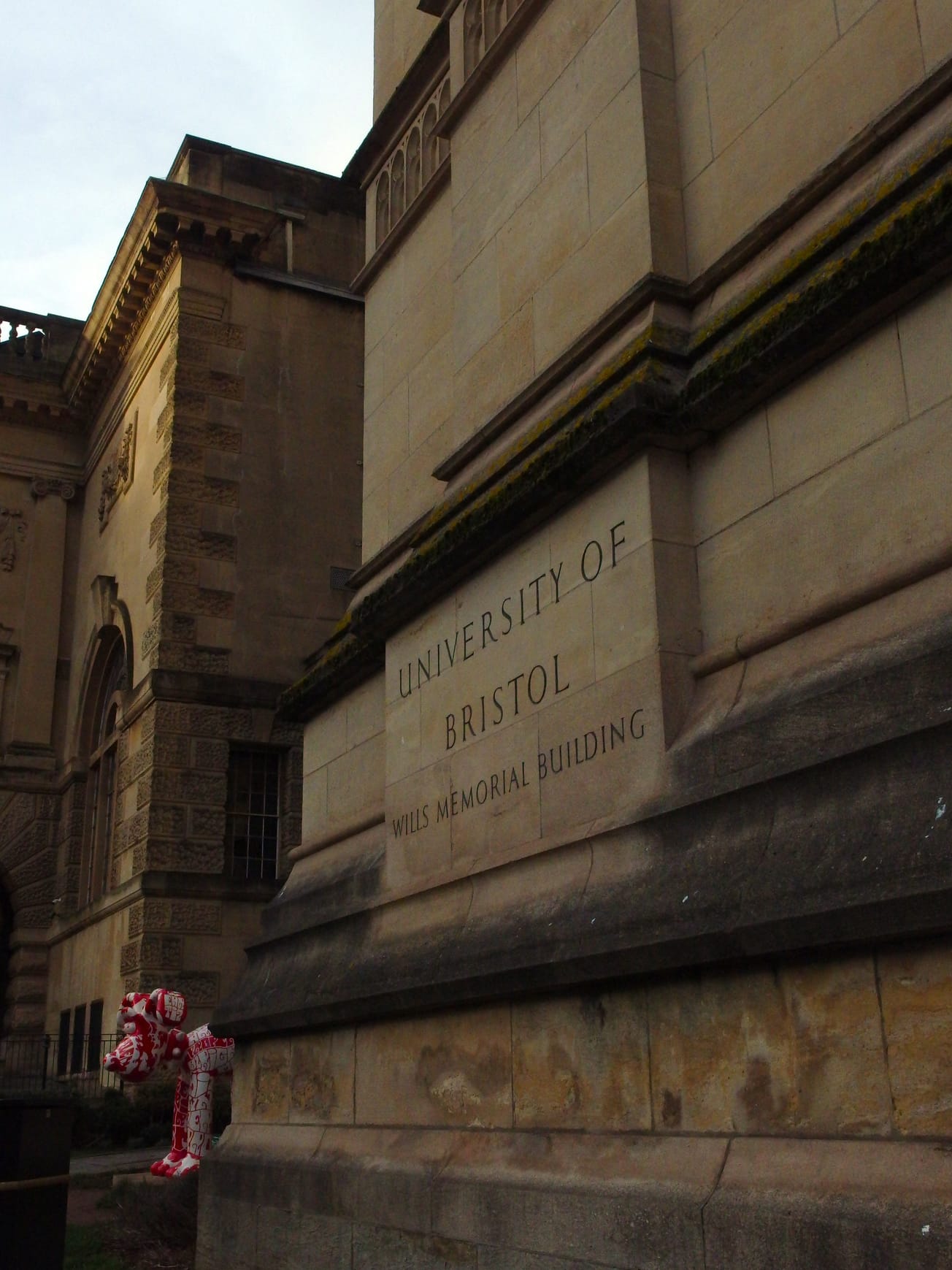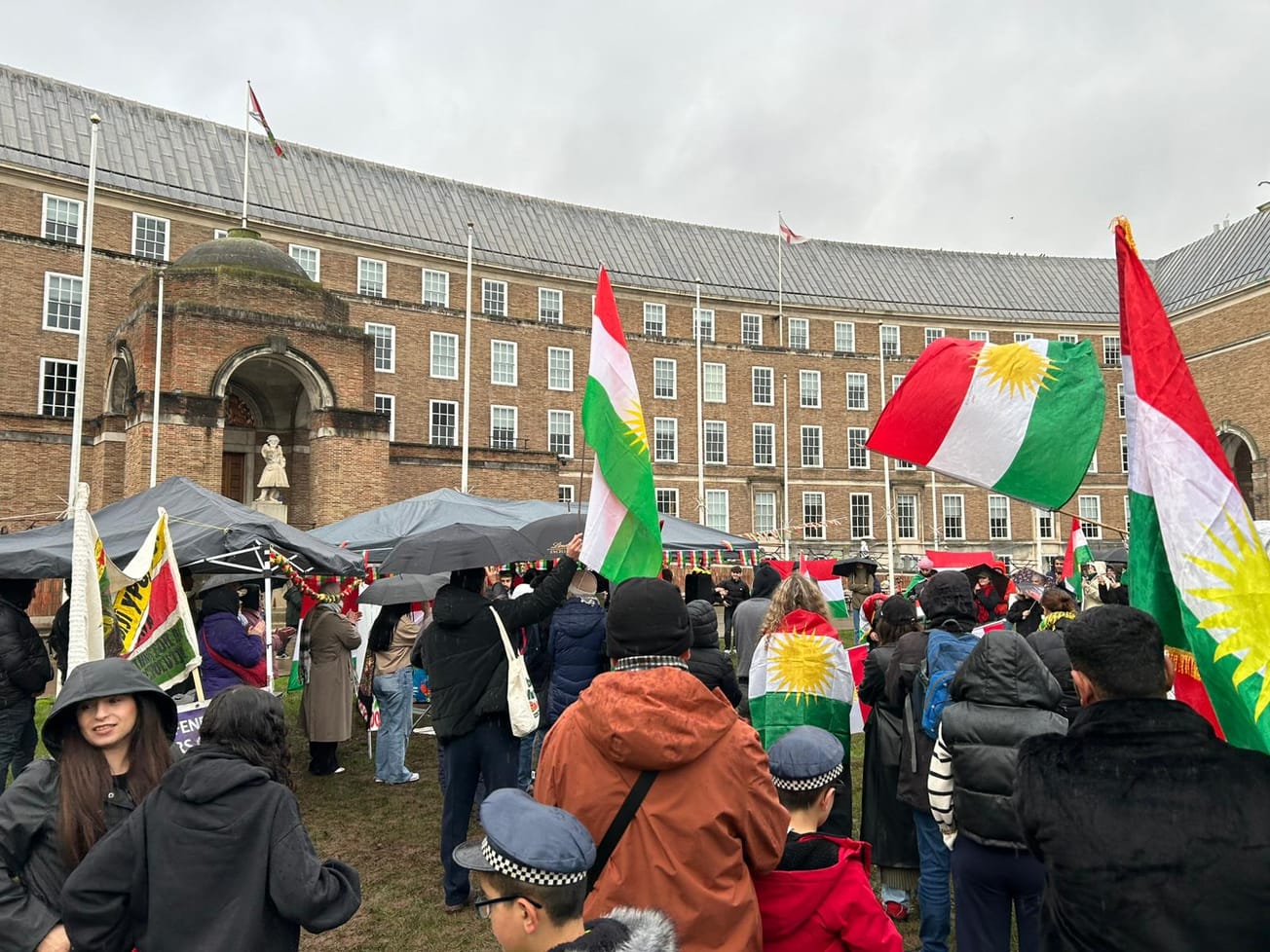By Milan Perera, Deputy Editor
On its 60th anniversary, Bristol paid homage to the leaders of the Bristol Bus Boycott in a civic ceremony held at St. Mary Redcliffe Church on Wednesday, August 30. The events also included the unveiling of a new set of stained-glass windows which features the pioneers of the boycott.
The event was attended by local politicians, community leaders, members of the clergy alongside the leaders of the Bristol Bus Boycott and their families. The proceedings for the day were led by Dr. Roger Griffith MBE from the University of West of England (UWE).
The civic ceremony was part of the 60th anniversary of the Bristol Bus Boycott, which led the way for the Race Relations Act 1965 - the UK's first piece of legislation to address racial discrimination.
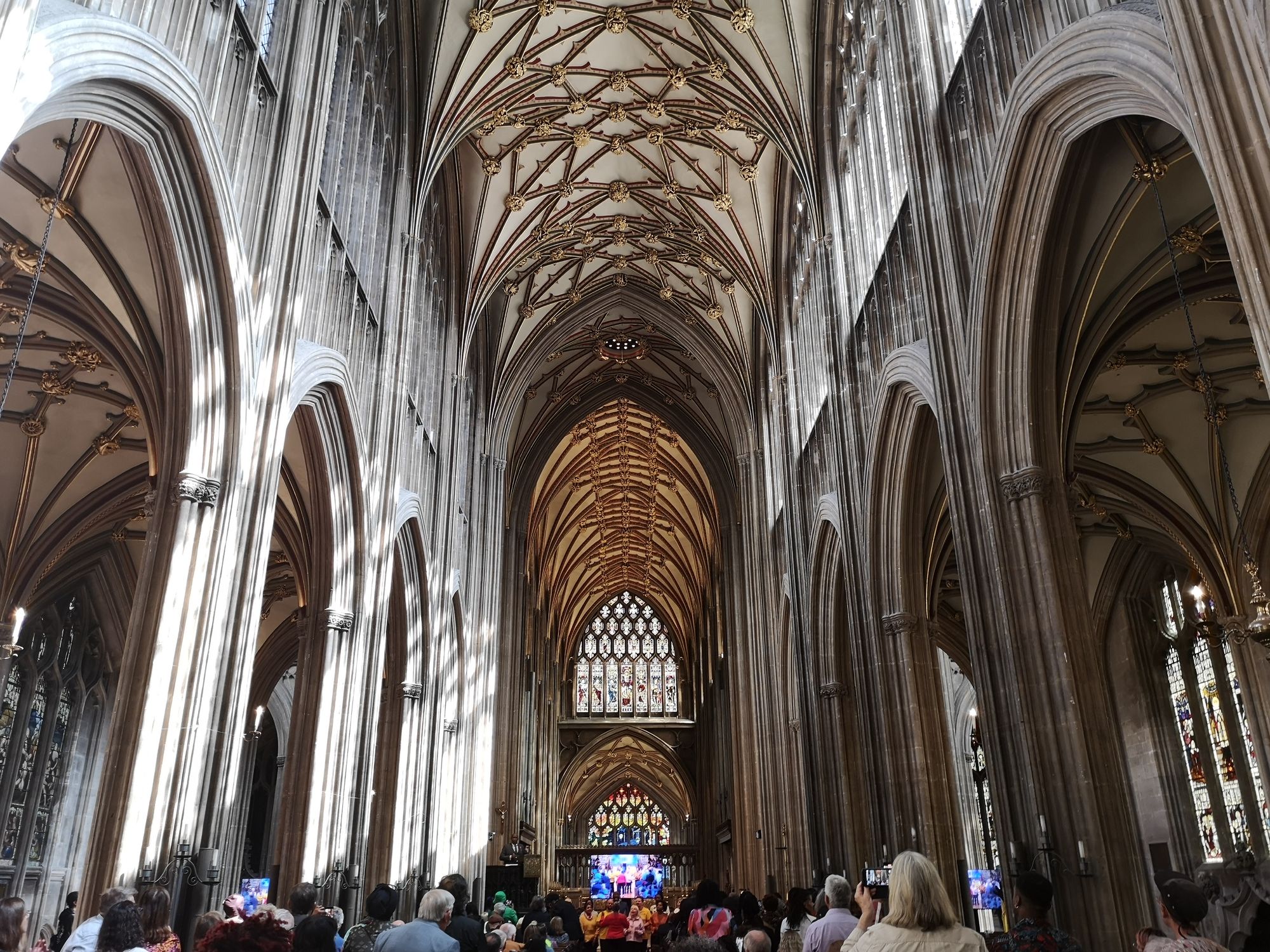
The Bristol Bus Boycott was triggered when Guy Reid-Bailey, a young, Jamaican man was refused employment as a bus driver at the Bristol Omnibus Company due to the prevailing ‘colour-bar’.
Paul Stephenson, along with Guy Reid-Bailey, Roy Hackett, Barbara Dettering, Owen Henry, Audley Evans, and Prince Brown led a peaceful campaign against the racist practices of the bus company that lasted four months. In the face of growing public opposition, Bristol Omnibus Company finally relented and ended the ‘colour bar’ on August 28, 1963, the same day Dr. Martin Luther King Jr. delivered his famous 'I have a dream' speech.

Speaking at the event, Rob Pymm, Commercial Director at First Bus said:
‘[…] my job at First Bus is to try and get people onto buses. So, the notion of a boycott really sends shivers down my spine. But this is the one exception to that. Some things mean more than commerce! Standing up for what’s right means the most to me and to the rest of the First Bus, and I know, to everyone here today.’
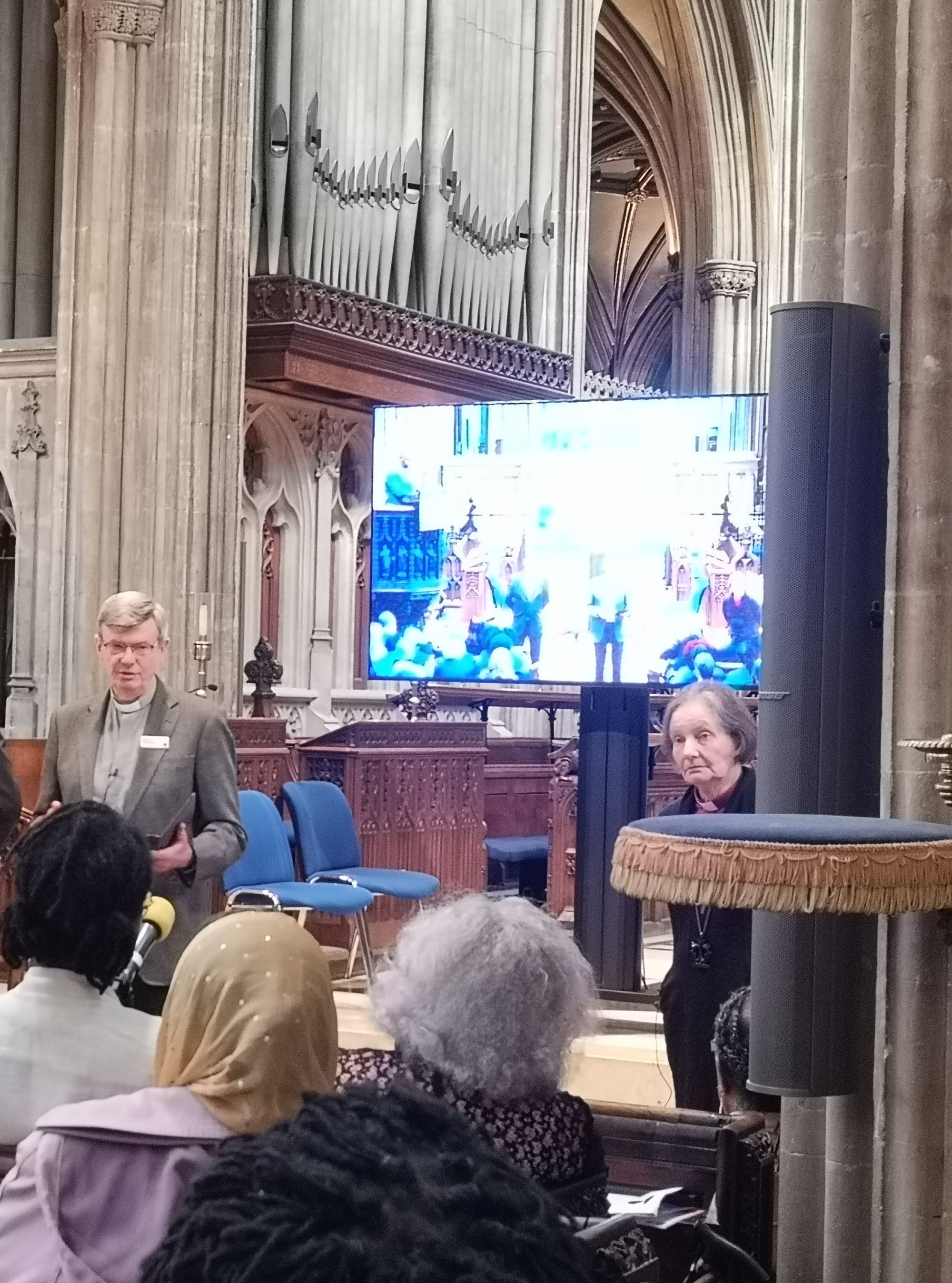
Referring to the stance of the then Bishop of Bristol during the Bristol Bus Boycott, the current Bishop of Bristol, Rt. Revd. Vivienne Faull said:
‘I acknowledge with shame, that the opposition to the boycott of the then Bishop of Bristol, my predecessor and of the Council of Churches… The Bus Boycott in 1963 is a reminder that my Church abjectly failed to see Jesus in those who were exploited, marginalised and oppressed. I am sorry and ashamed.’
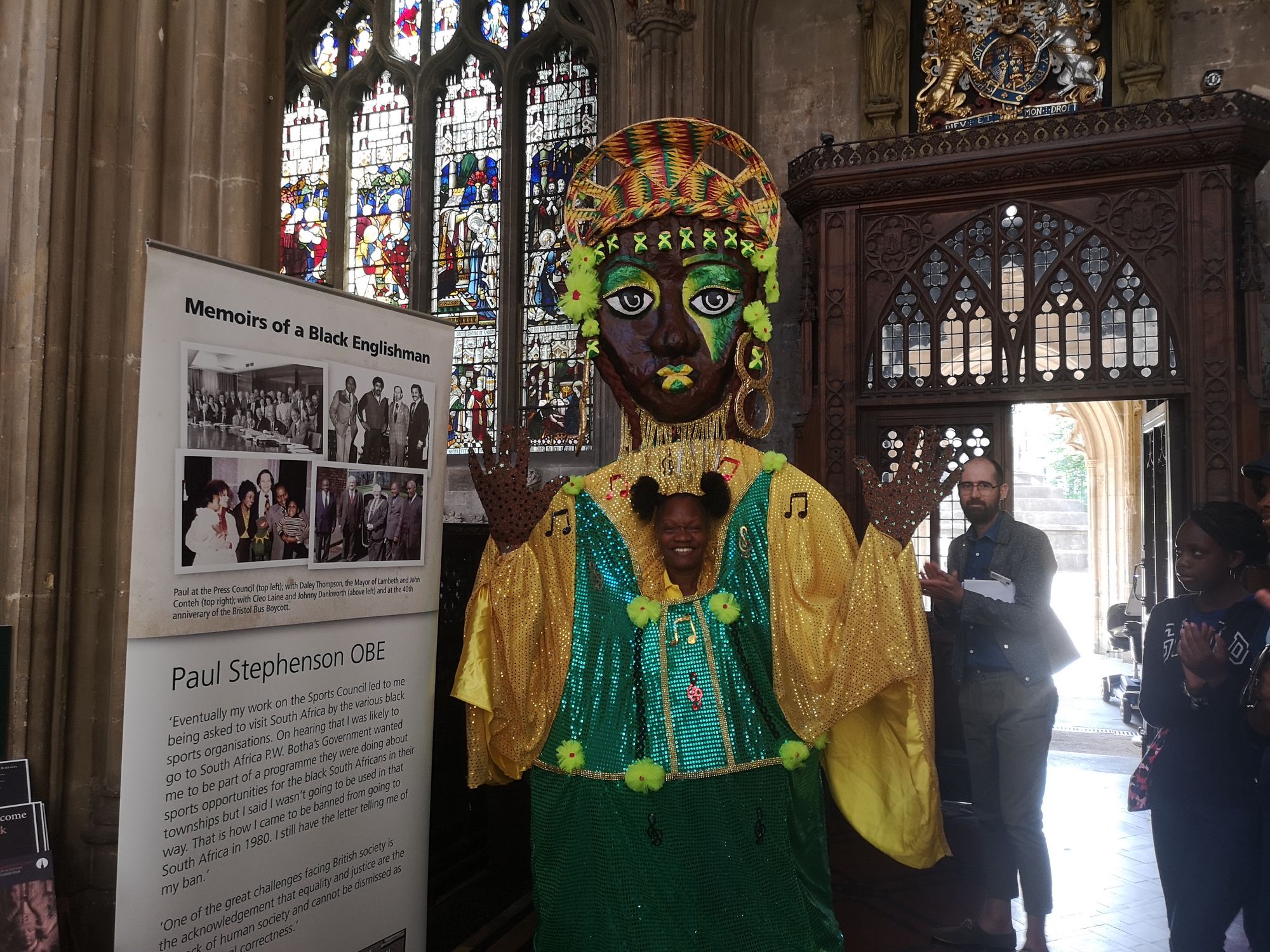
The speeches and addresses were complimented with a Gospel Choir, poetry recital, and a replica protest on the day.
As a part of the ceremony, Julz Davis, the manager at Ujima Radio, hosted a panel event that included Sharon Foster, Amira Cole and Vernon Samuels. The latter is the son of Norman Samuels, the first Black bus driver in Bristol.
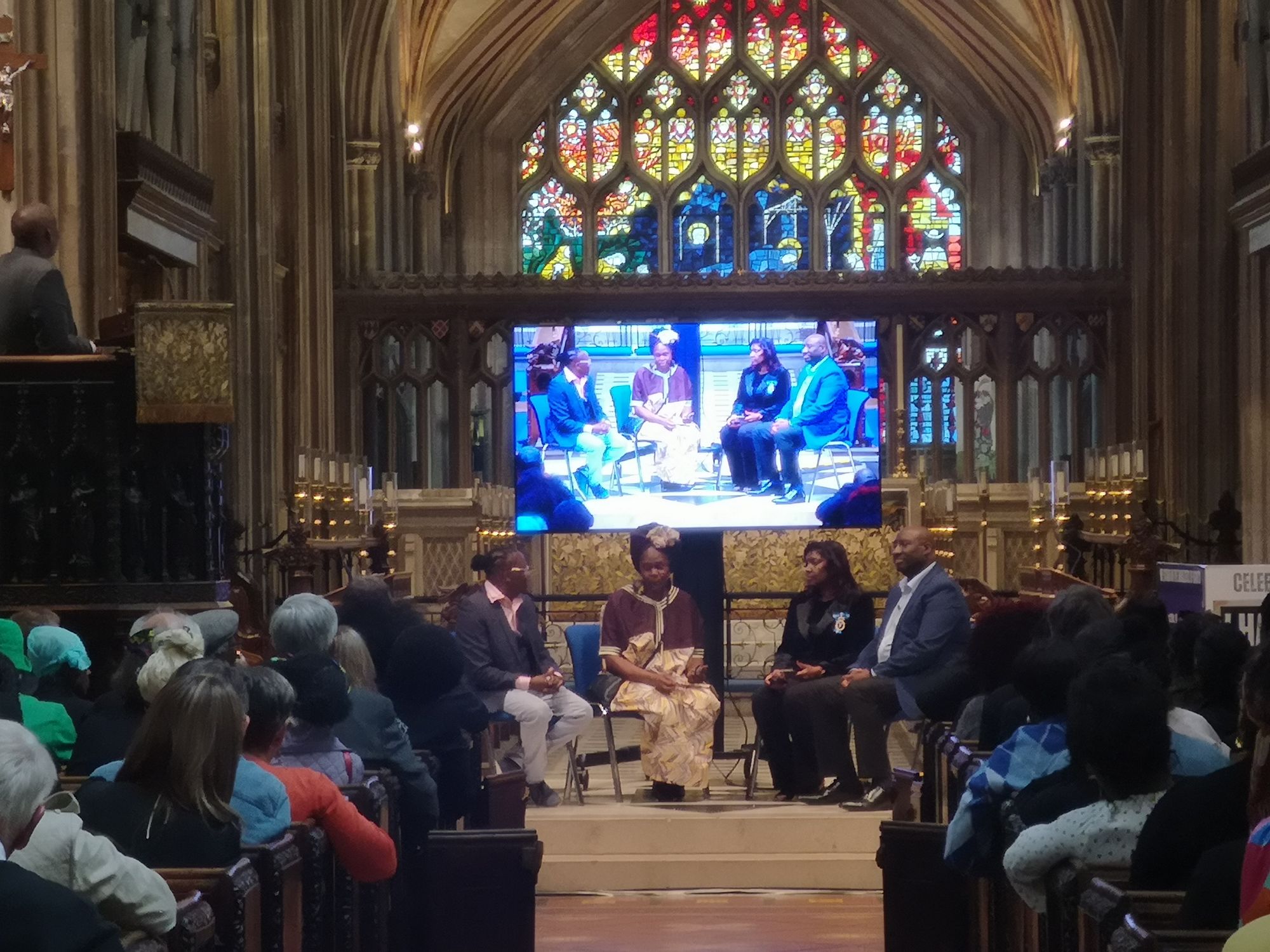
One of the highlights of the ceremony was the ‘Big Thank You’ where the leaders of the Bristol Bus Boycott, their families and the pioneers against racism were felicitated. Guy Reid-Bailey, one of the leaders of the Bristol Bus Boycott was present at the event. He said:
‘Remembering 1963, how difficult it was for us to survive, I think we’ve moved on a long way, but it’s gonna take time and it’s not gonna happen in year or two. If we all put our shoulders to the wheel, we’ll achieve the outcome we need.’
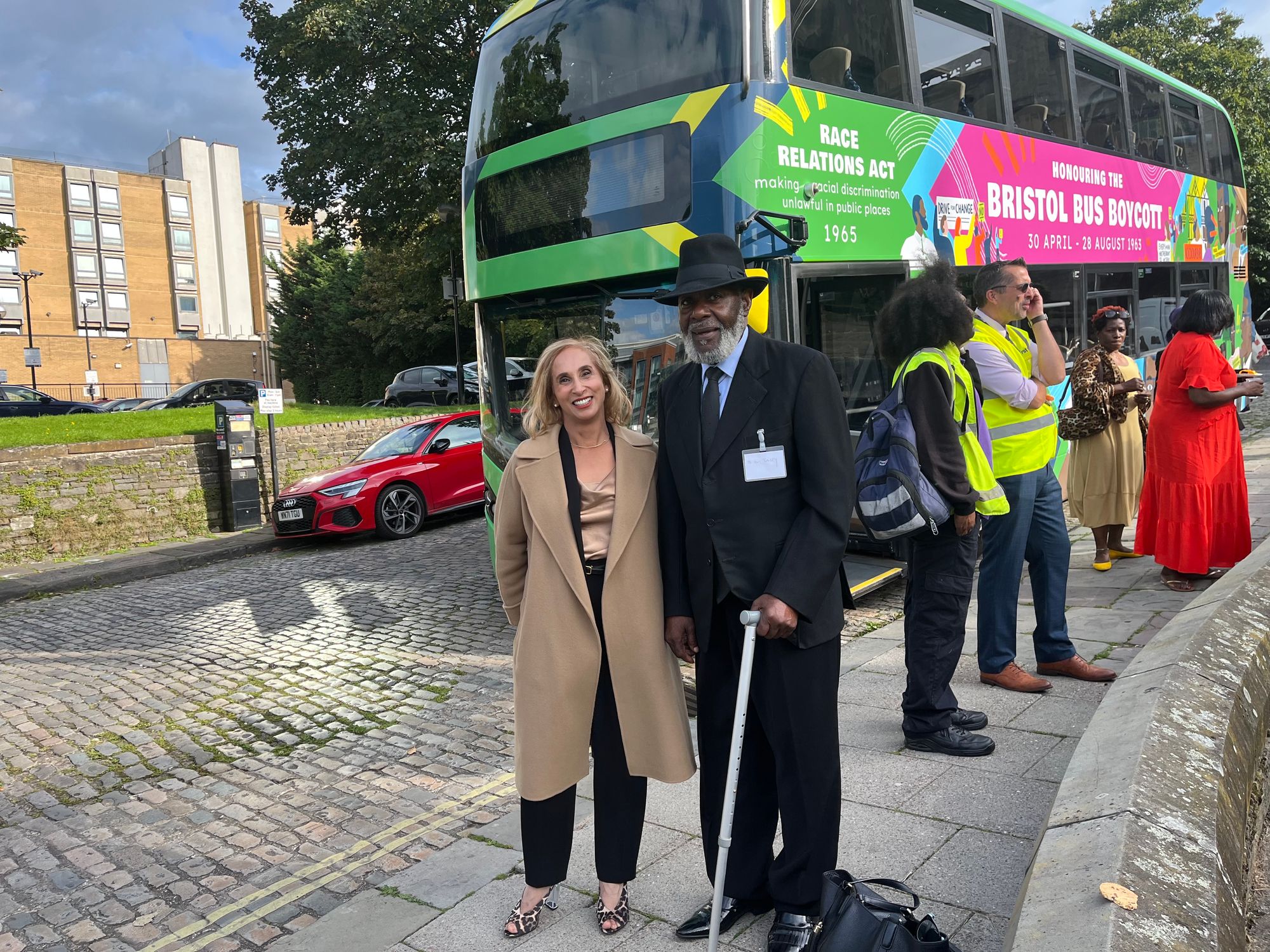
Among those who were felicitated was Professor Olivette Otele, who undertook a two-year research project on the University of Bristol’s and the wider city’s involvement in the transatlantic slave trade. Professor Otele received her honour from the Vice-Chancellor of the University of Bristol, Professor Evelyn Welch.
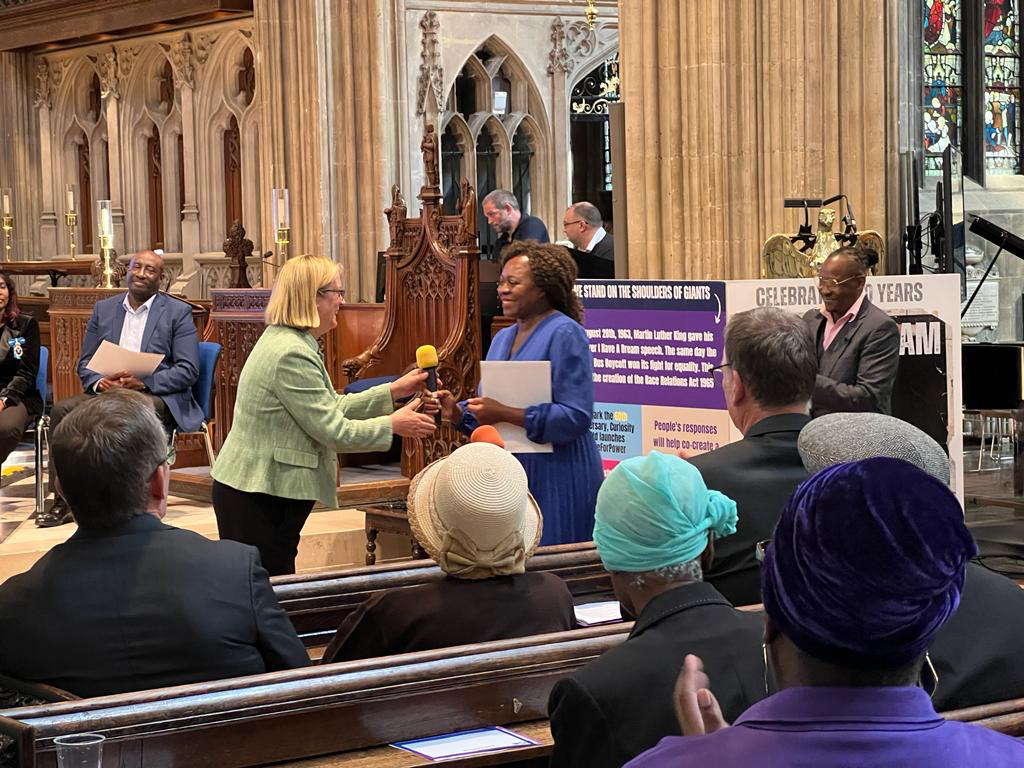
The culmination of the ceremony was marked by the unveiling of the newly installed stained-glass panels at the North Transept Window of St. Mary Redcliffe Church. One of the panels depicts Jesus among the protesters in 1963.

The designs were created by Dr. Ealish Swift, a local junior doctor to replace four Victorian panels that memorialised the 17th-century slave trader, Edward Colston.

Speaking to Epigram, Professor Evelyn Welch, Vice-Chancellor at the University of Bristol who was present at the ceremony said:
‘I was so pleased to be able to represent the University of Bristol at what was a moving and special occasion. There was an opportunity to meet those like Guy Bailey who had the courage to fight for what was right in the early 1960s. They were so young at the time and remain so inspiring today. We heard how the bus service, the trade unions, the city council and even the church were set against them but that they felt supported by the staff and students at the University of Bristol. I am not sure that we, as an institution, always did the right thing during this period, nonetheless we can be proud that our students and staff stood alongside the Bristol Bus Boycott pioneers in 1963.’
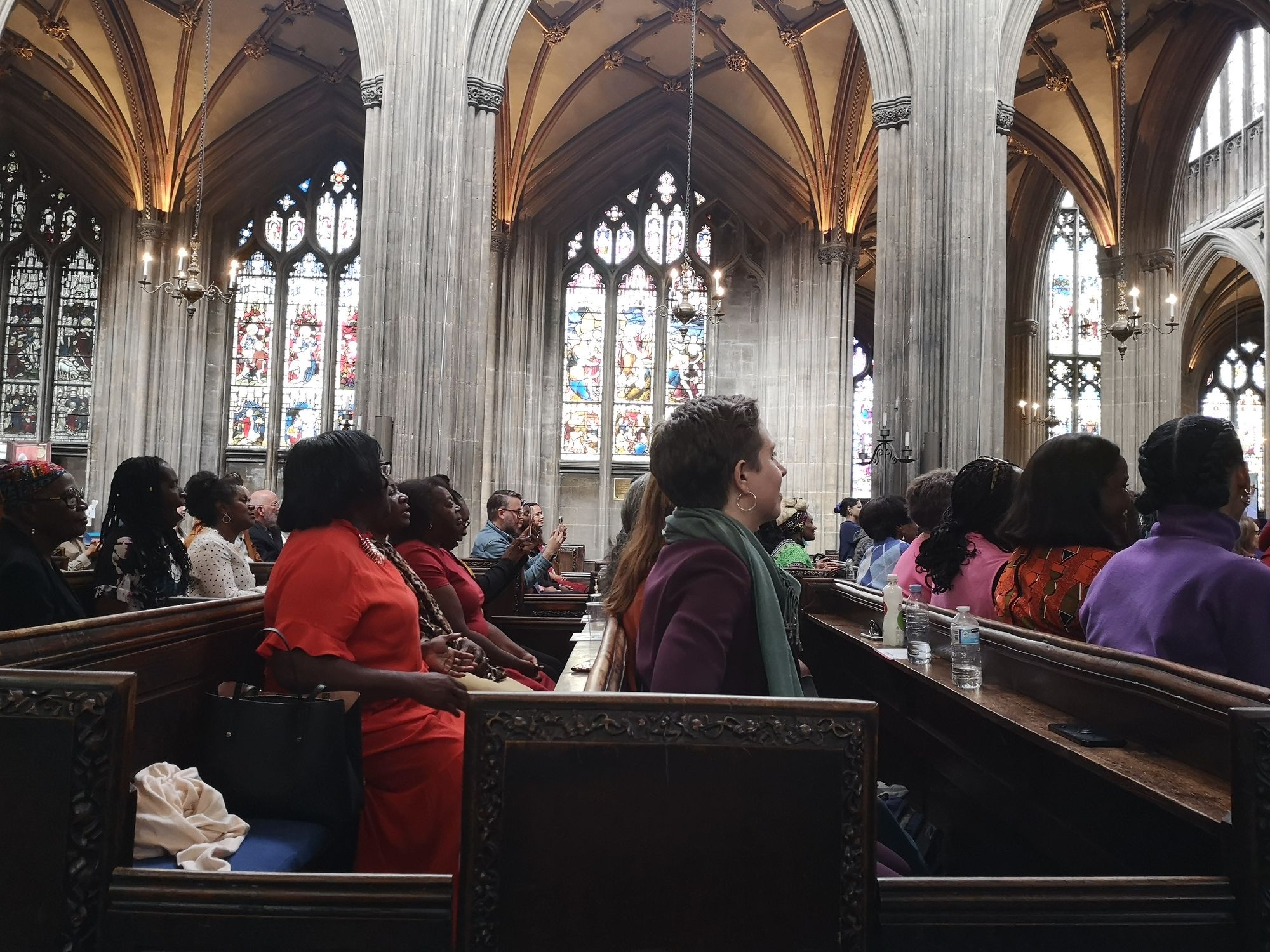
Speaking also to Epigram was Professor Palie Smart, Associate Pro-Vice Chancellor for Global-Civic Engagement who explained the significance of the event:
‘It was a privilege to attend the inspirational and moving service at St Mary’s in Bristol, alongside our VC and colleagues. I feel very proud of our pioneering Bristolians, who have sacrificed so much to pave the path of social justice for us today. Whilst the city continues its struggle with inequality, I’m reassured by a sense of optimism because there is greater awareness about such issues and examples of people from diverse heritage backgrounds holding important roles in society, such as Marvin Rees and Asher Craig.’
Featured image: St.Mary Redcliffe Church
Did you attend the civic ceremony honoring the leaders of the Bristol Bus Boycott at St.Mary Redcliffe Church? Please share your experience with us.



